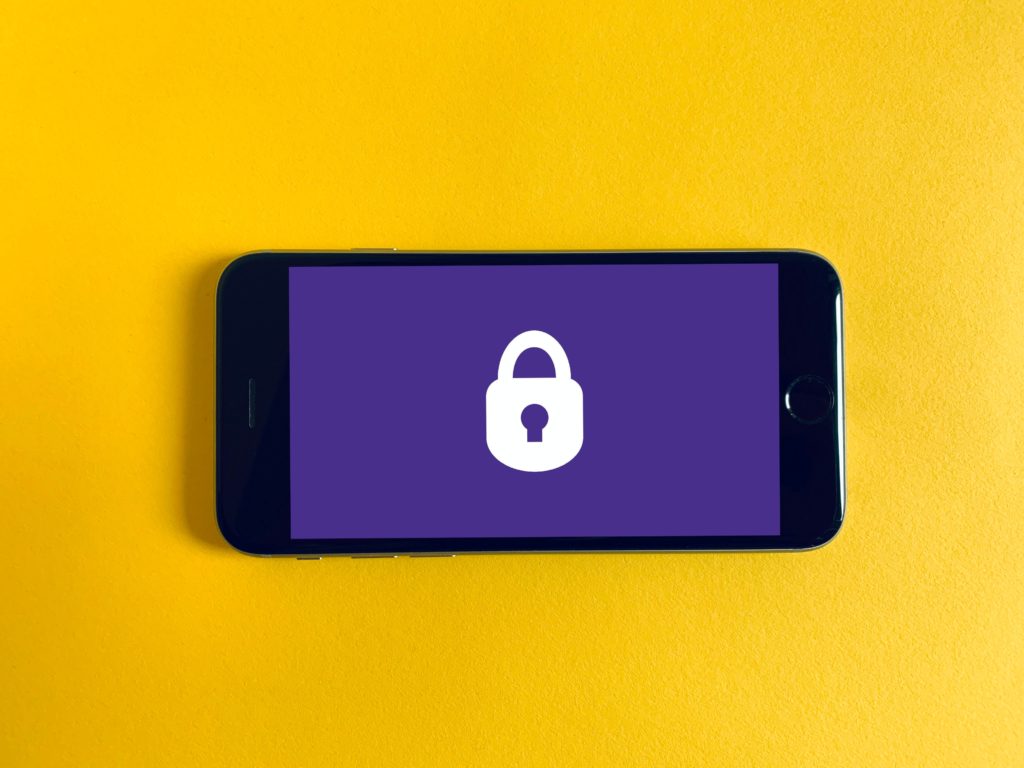What is cybersecurity
Cybersecurity also known as information technology security or electronic information security is the practice of protecting networks, computers, servers, electronic systems and data from malicious attacks. it is important a means of proctoring internet-connected systems such as hardware, software and data from cyberthreats.
Cybersecurity is useful in a variety of contexts, from business to mobile computing, and it includes following elements.
- Network security is the practice of securing a network and protecting it from intruders, unwanted users, and attacks.
- Application security includes keeping software and devices free of attacks. For that Apps require constant updates and testing to ensure these programs are secure from attacks.
- Information security is protecting the integrity and privacy of data, during storage and in transition of data. Protecting company and customer information is crucial.
- Endpoint security is protecting threats in remote access to a company’s network. in business remote access access is important, but can also be easily attacked for data stealing.
- Disaster recovery and business continuity planning includes a planning of backup and restore the data. In case of data loss due to disaster or cyberthreat Disaster recovery policies include how the organization restores its operations and information to return to the same operating capacity as before the event.
- End-user education means educating your users about cybersecurity. Teaching them good habits such as password changes, 2-factor authentication, delete suspicious mails and various other important lessons is an important part of cybersecurity.

What is a Cybersecurity Threat ?
A cybersecurity threat is an act of damaging data, stealing data, or disrupting digital life in general. Cyber threats include computer viruses, malware, Denial of Service (DoS) and other ways. As technology and applications are improving, ways of cyber attacks are also advancing. Following are some types of cyber attacks affecting thousands of people each day.
Malware
Malware is a malicious software that is created to disrupt the network system. It can obtain sensitive information, and can even block access to vital business network components (ransomware). It includes spyware, ransomware and viruses. Usres can be targeted when they click on suspicious email links or install a risky application.
Phishing
Phishing is commonly used for stealing data by attacking systems through emails that appear to be from a legitimate company, a well known source asking for sensitive information.it is used to access sensitive data like credit card, social security or login information.
Man-in-the-Middle Attack
In Man-in-the-Middle (MitM) attacks, cybercriminal intercepts communication between two individuals in order to steal data. For example, on an unsecure WiFi network, an attacker could intercept data being passed from the victim’s device and the network.
Why cybersecurity is important and cyber safety tips
With the advancement of technology the world is being digital, from calling to banking, defence and governmental activities are relying on the internet and computers. In this era of digitalisation, the number of users, devices and programs are increasing and becoming shaping a new style of life, so it is very important to secure sensitive information and personal data to avoid any loss.

Following are some tips to avoid cybersecurity attacks.
- Update your software and operating system regularly.
- Use antivirus software that will detect and remove threats. Such as firewall, anti malware, which helps in detecting virus and threat and prevents the system.
- Use strong passwords including special characters, combination of uppercase and lowercase characters. Avoid using predictable passwords such as phone numbers, date of birth etc and do ensure your passwords are not easily guessable.
- Do not open email attachments from unknown senders. These could contain phishing links and malwares and do not click on links in emails from unknown senders or unfamiliar websites.
- Lastly avoid using unsecured networks, such as public Wi-Fi in public places for transferring sensitive information.






















































